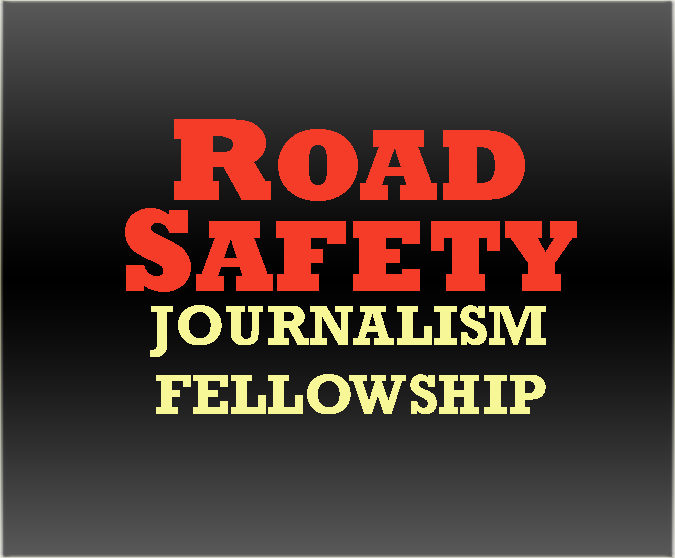 ROAD crashes are among the leading causes of death in the Philippines.
ROAD crashes are among the leading causes of death in the Philippines.
The 2015 World Health Organization’s Global Status Report on Road Safety estimates 10,379 fatalities in the country a year, half of them motorcycle riders, followed by pedestrians.
Stories of road crashes that kill, injure and permanently disable people are regular fare in newspapers and in radio and television broadcasts. They grab the public’s attention and prompt authorities into action, especially in cases involving big numbers of fatalities or public figures. But in no time, the stories are forgotten, leaving the public with little or no learnings. And the cycle of routine reporting goes on. Road safety becomes a casualty yet again.
The World Health Organization, in collaboration with the Department of Transportation and Communication (DOTC) and in partnership with VERA Files, is launching the Road Safety Journalism Fellowship to raise public awareness of road safety and promote policy and behavioral changes that will reduce and prevent road crashes.
The Fellowship aims to strengthen the capacity of journalists to produce comprehensive news and feature articles and translate statistics on road injuries and deaths to human and public interest stories. The Program aims to generate interest in road safety reportage that is thorough, exhaustive and contextualized; one that goes beyond breaking news, body counts and police reports but which instead frames road safety as a public health and development issue.
The Fellowship is part of the multi-country Bloomberg Initiative for Global Road Safety 2015-2019 carried out by a consortium of international partners, together with national governments and local organizations.
The Program aims to engage journalists in the advocacy and promote the goals of the UN Decade of Road Action for Road Safety to stabilize and reduce by 50 percent road deaths by 2020.
Mechanics
We are calling for story proposals that will push road safety as an agenda and a shared responsibility of everyone in the community – policy-makers and law enforcers, road builders, vehicle manufacturers, motorists, the riding public, pedestrians and the public in general.
Fellows will produce a minimum of five well-researched stories/video productions that will be published in their own news organizations.
Story ideas can be developed from the following subjects, relating to major risk factors that influence the likelihood of a crash and the severity of its consequences: (1) speed; (2) use of seatbelts: (3) child restraint; (4) helmets for motorcycle riders; and (5) alcohol or drunk driving.
Stories can provide an in-depth analysis of data, behaviors, and impact of these risk factors and the presence (or absence) of policy and legislative-related actions and their impact and status and nature of implementation and enforcement. Other topics of emerging importance such as distracted driving and pedestrian safety may also be tackled.
The Fellowship will open with an Orientation/Training Seminar in March. The Fellows will participate in a Roundtable on Road Safety involving editors and other journalists in June.
Who can apply?
The 2015-16 Pilot Program is open to journalists from print and broadcast media, free-lance writers and bloggers based in Metro Manila and Luzon.
Journalists with at least three years of reporting experience are invited to submit three story proposals (each story idea explained in 150-200 words) they wish to work on for the duration of the Fellowship.
The professional qualifications of the applicants will be taken into consideration in the selection, but the quality and substance of the story proposals will be given greater weight.
How to apply
Applicants are to send in their updated CVs (no more than two pages), two samples of published articles/video clips, a letter of endorsement from an editor or producer, and a completed application form to roadsafety@verafiles.org or roadsafetyph@gmail.com. Download the form in MS Word here.
VERA Files is also accepting online applications. Fill up the form below or click here.
